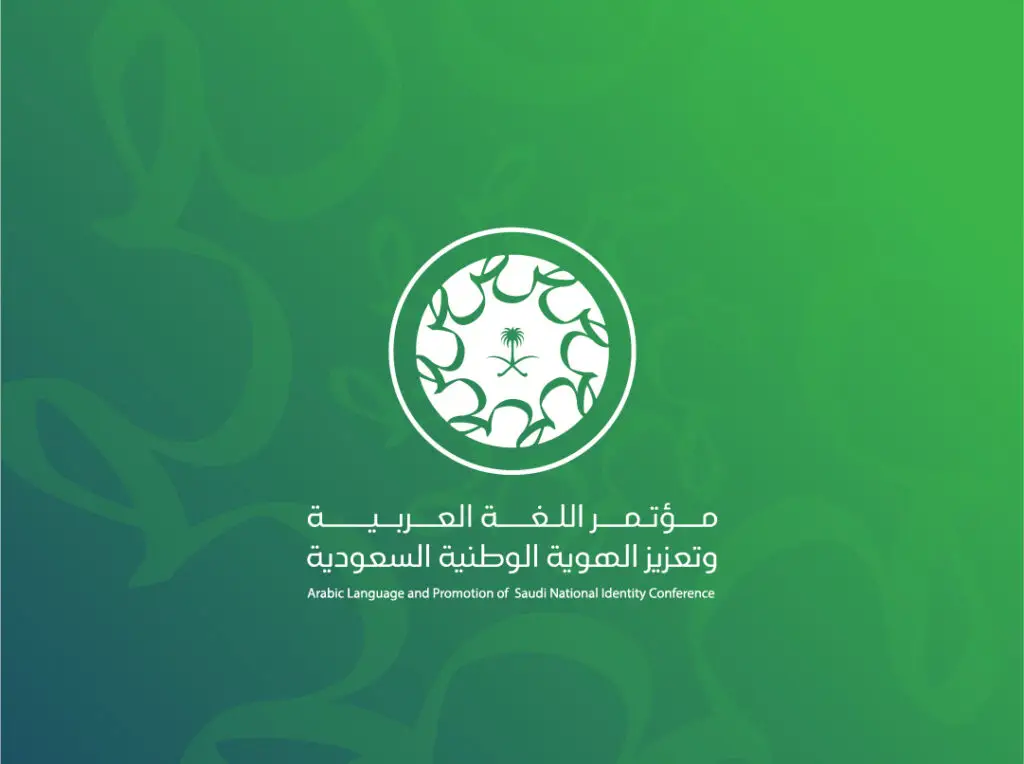Al-Qassim University, represented by the College of Languages and Humanities, in partnership with the King Salman International Complex for the Arabic Language, will organize a scientific conference entitled: "Arabic Language and Strengthening Saudi National Identity", under the patronage of His Royal Highness Prince Dr. Faisal bin Mishaal bin Saud bin Abdulaziz Al Saud, Governor of Al-Qassim Region, on Wednesday, 2 Dhu'lqa'dah 1446H, corresponding to April 30, 2025 AD, at the Conference Center of Al-Qassim University, with the participation of a group of government and private entities, researchers, specialists, and those interested in linguistic and cultural affairs.
The conference is a scientific platform to discuss the relationship between language and identity in the modern Saudi context, highlighting the vital role played by the Arabic language in building national belonging, strengthening societal cohesion, and consolidating cultural values. It highlights the challenges facing this role in light of rapid changes, and reviews local and international experiences and initiatives that contribute to supporting the Arabic language and linking it to public policies, institutions, and society.
The conference will discuss a number of topics in three main scientific themes: The first axis discusses the role of governmental and non-governmental organizations in empowering the Arabic language through policies, legislation, and supportive initiatives. The second axis deals with linguistic security and threats to empowerment, with a focus on the impact of media, education and society in preserving the classical language and confronting hybrid languages. The third theme focuses on the role of language in strengthening national identity by presenting international models and comparative experiences, in addition to the Saudi experience.
The conference is accompanied by the release of the project (Data System of Language Policies for Arab Countries), in which more than 1700 language policies in the twenty-two Arab countries have been collected. It is an initiative that monitors the reality of the Arabic language, diagnoses its present, and anticipates its future, and includes a two-day introductory exhibition to highlight efforts and initiatives in the field of promoting the Arabic language and linking it to identity, and provides participants with the opportunity to view the outputs of the Academy and related national projects.
This conference highlights the pivotal role of Qassim University in serving the Arabic language in teaching and research, through specialized academic programs and scientific initiatives that contribute to the development of linguistic studies and the consolidation of national identity. It also embodies the commitment of the King Salman International Council for the Arabic Language to activate the role of language in building the human being, expand the scope of institutional work related to identity, and deepen the citizen's connection to his language and culture; in support of cultural development goals, and enhance the status of the Arabic language in the life of society.


